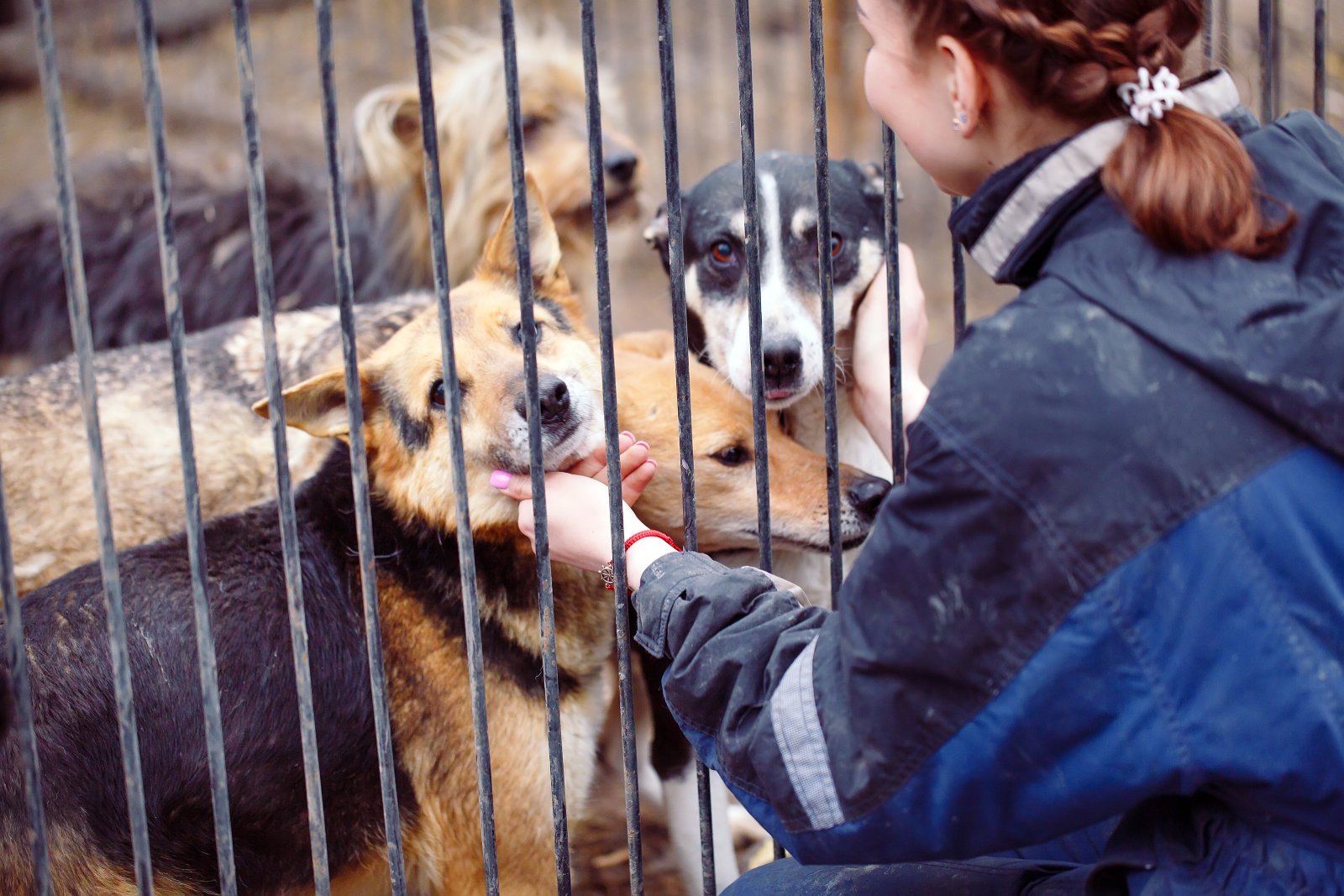The heartwarming story of rescuing a pet is often a façade hiding a host of hidden challenges. Adoption agencies frequently conceal critical details, leaving you to deal with mounting vet bills, behavioral nightmares, and unrealistic expectations. Do you really know what you’re getting into, or are you about to step into a minefield of hidden problems?
1. Hidden Health Issues

Adopted pets often come with undisclosed health problems. Many shelters don’t provide a full health history, leaving you to discover chronic conditions and costly medical needs on your own. These can lead to significant, unforeseen vet bills.
2. Behavioral Problems

Shelters might not fully disclose severe behavioral issues. These can range from anxiety and aggression to destructive habits, often requiring extensive training and behavioral modification, which isn’t cheap.
3. Unrealistic Expectations

Adoption requirements can be absurd. Some rescues demand you have a 6-foot fence, work from home, and never come into contact with children or other pets. Such stringent criteria make it nearly impossible for the average person to qualify.
4. Foreign Diseases

Pets adopted from abroad can carry diseases not commonly found in the UK. These foreign diseases pose serious risks to your other pets and even your family, leading to additional health complications and costs.
5. Concealed History

The past of an adopted pet is often a mystery. Without knowing their background, you’re left to deal with the fallout of trauma or abuse that significantly impacts their behavior and health.
6. Hidden Costs

The adoption fee is just the beginning. Initial vet visits, vaccinations, microchipping, and unforeseen treatments for conditions that weren’t disclosed can quickly escalate, blowing your budget out of the water.
7. Misleading Behavioral Assessments

Behavioral assessments at shelters might not reveal all issues. Pets can behave differently in a home environment, and you might find yourself dealing with problems you weren’t prepared for.
8. Adjustment Costs

Beyond initial expenses, adjusting your home to accommodate a new pet involves pet-proofing and buying supplies. These costs add up rapidly as you adapt your living space.
9. Emotional Strain

Managing an adopted pet’s hidden issues can be emotionally draining. The stress of dealing with unexpected problems can negatively affect your mental health and overall well-being.
10. Increased Time Commitment

Pets with hidden behavioral issues or health problems require more time and attention than anticipated. This increased time commitment can disrupt your daily life and routines, leaving you overwhelmed.
11. Foreign Adoption Risks

Adopting pets from overseas introduces risks, such as exotic parasites and diseases. These health risks necessitate additional treatments and precautions, adding to your stress and expenses.
12. Financial Overwhelm

The true cost of adoption extends far beyond the initial fee. Ongoing healthcare, training, and other needs quickly add up, creating a significant financial burden.
13. Strict Rehoming Policies

Adoption centers often have inflexible rehoming policies, making it difficult to return or rehome a pet if things don’t work out. This rigidity can lead to increased stress and financial strain.
14. Behavioral Training Costs

Addressing behavioral issues typically involves professional training services, which are expensive. Ongoing training is often necessary to manage and improve problematic behavior’s.
15. Hidden Behavioral Issues

Some behavioral problems only surface after bringing the pet home. These issues can be challenging to manage and may require professional intervention, adding to your stress and expenses.
16. Lack of Transparency

Adoption organisations might not provide complete information about a pet’s needs or history. This lack of transparency can lead to surprises and difficulties in meeting your pet’s requirements.
17. Difficult Integration

Integrating a new pet into a household with existing pets or family members can be challenging. Conflicts and adjustment issues might arise, requiring patience and careful management.
18. Overlooked Special Needs

Special needs or conditions might be overlooked or not disclosed, leading to unexpected challenges. These can include dietary requirements, mobility issues, or other health-related needs.
19. Long-Term Financial Impact

The financial impact of adoption extends far beyond the initial costs. Ongoing healthcare, potential emergencies, and special needs can add up, significantly impacting your budget.
20. Unmet Expectations

The idealized vision of adoption doesn’t always match reality. The demands and challenges of caring for an adopted pet often exceed what you might have anticipated, requiring more resources and effort than expected.
Confronting the Reality

Pet adoption is not just about giving a pet a home; it’s about facing the complex and often costly reality of their care. Are you truly prepared to handle the full scope of responsibilities and challenges that come with adopting a pet, or are you ready to face the tough truths head-on?
Featured Image Credit: Shutterstock / Gorodenkoff.
For transparency, this content was partly developed with AI assistance and carefully curated by an experienced editor to be informative and ensure accuracy.

